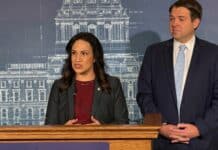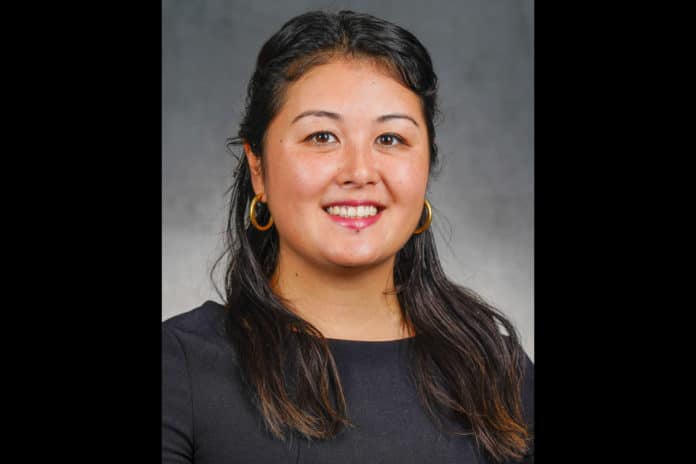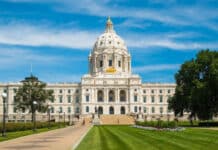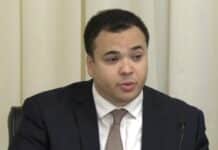A bill making its way through the Minnesota Legislature with broad Democratic support would require all public school graduates to complete an ethnic studies course.
Authored by Rep. Samantha Sencer-Mura, DFL-Minneapolis, the bill defines ethnic studies as “the critical and interdisciplinary study of race, ethnicity, and indigeneity with a focus on the experiences and perspectives of people of color within and beyond the United States.”
“Ethnic studies analyzes the ways in which race and racism have been and continue to be powerful social, cultural, and political forces, and the connection of race to other groups of stratification, including gender, class, sexuality, religion, and legal status,” it says.
Students beginning high school in the 2025-2026 school year would be required to “successfully complete a semester-long ethnic studies course to graduate from high school.”
Additionally, the bill states that “school districts and charter schools must provide ethnic studies instruction in elementary schools and middle schools by the 2027-2028 school year in accordance with state academic standards.”
The bill would also require the Minnesota Department of Education to hire “dedicated ethnic studies staff” and develop a model curriculum.
Other states such as California have pushed for teaching ethnic studies in public schools. Manuel Rustin, a high school teacher in Pasadena, helped draft the state’s “Ethnic Studies Model Curriculum.”
“Ethnic studies without critical race theory is not ethnic studies. It would be like a science class without the scientific method then. There is no critical analysis of systems of power and experiences of these marginalized groups without critical race theory,” he said.
Minnesota is also in the process of incorporating ethnic studies into its K-12 academic standards in social studies. In a recent report on those standards, Dr. Wilfred McClay called ethnic studies an “ideological vehicle” that is “not a valid academic discipline.”
“In these proposed Standards, Ethnic Studies is treated as an organizing principle equivalent to the other four established disciplinary categories — and because it is a principle that can be anything one wants it to be, it makes a great disguise for the work of forming young minds into political pawns,” he wrote.
In a 2022 article, Center of the American Experiment senior policy fellow Katherine Kersten explained in detail how the standards review process was coopted by “extremists” from the Education for Liberation Network.
“The EdLib Network makes no secret of its revolutionary agenda: to dismantle and replace America’s fundamental institutions,” Kersten wrote.
Dr. Brian Lozenski is a member of that network and a leading proponent of ethnic studies in Minnesota. He spoke at a rally at the Minnesota Capitol Monday for “Ethnic Studies Day.”
“We are going to win this battle because this is just the beginning. This bill is the door that we can open in order to transform what education looks like,” he said.
The ethnic studies bill will have its first hearing Tuesday afternoon in the House Education Policy Committee.
“I’m incredibly committed to ethnic studies because of my own experience as a student in Minnesota public schools,” Sencer-Mura said during Monday’s rally. “Every student should be entitled to a curriculum that reflects them and that they can see themselves in.”
Democrats are also pushing a bill that would require public and charter schools to provide “climate justice instruction.”
The Minnesota School Boards Association, the Minnesota Association of School Administrators, and the Association of Metropolitan School Districts submitted a joint letter to legislators opposing the bill.
“Several bills have been introduced this session mandating courses and while the topics are all important, it puts students and families, especially within their senior year, in a position where choice is impacted,” they wrote.
The letter also noted that “implementing new curriculum or educational programs is very costly.”










